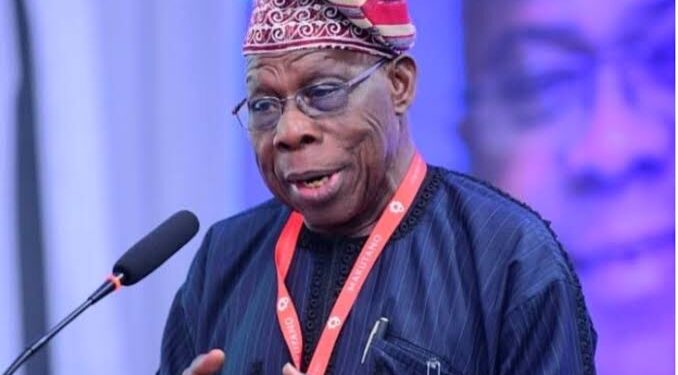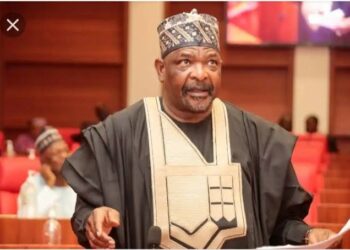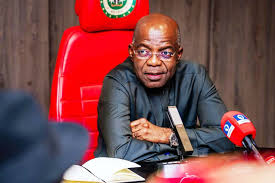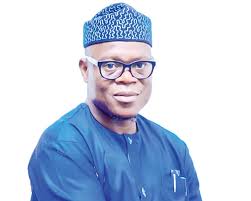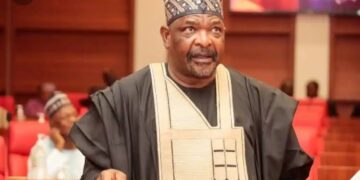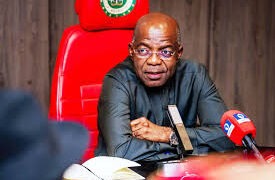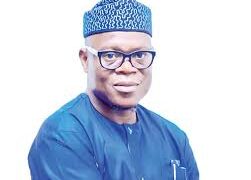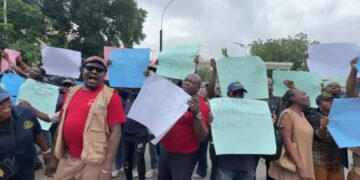Former President Olusegun Obasanjo has recently called on the Federal Government to pay serious attention to the concerns raised by the youth, which led to their widespread protests across the country. During a meeting in Abeokuta on Friday with six members of the National Assembly, Obasanjo emphasized the legitimacy of the youth’s demands and warned of possible severe consequences if these concerns are not addressed promptly and adequately.
The six legislators, who met with Obasanjo, are advocates of a new bill proposing a single six-year presidential term and a rotational presidency between the North and the South of Nigeria. Obasanjo supported their initiative but emphasized that the core issue is not just about changing the presidential term but about addressing the broader issues affecting the youth and the overall governance in Nigeria. He believes that merely changing the term structure will not resolve the underlying problems unless the fundamental issues affecting the youth are also addressed.
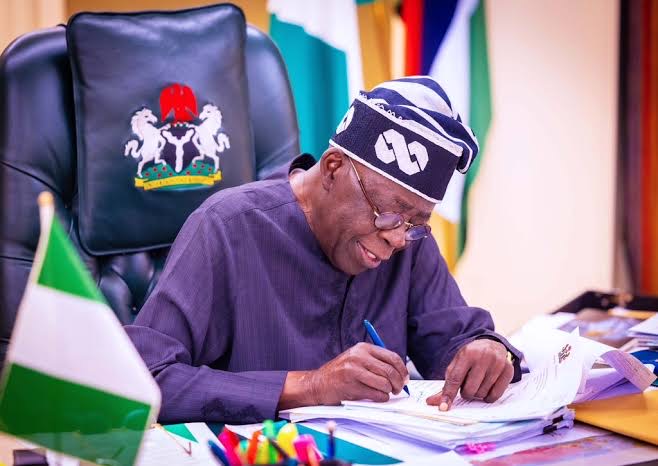
Obasanjo stressed the critical need to take youth concerns seriously and not dismiss them lightly. He highlighted that many young Nigerians are currently facing significant challenges, including poverty and unemployment, which have led to widespread frustration, anger, and a sense of desperation among them. He questioned why these young people, who are citizens of Nigeria just like anyone else, should be suffering in such conditions when they deserve better opportunities. The former president argued that their demands were justified and should be given proper consideration by those in power.
He also emphasized that for Nigeria to reach its full potential and improve its status, there must be a collective effort from all sectors of society. This includes a necessary shift in the mindset of those in positions of authority. Obasanjo stated that whether Nigeria adopts a single six-year term for the presidency or maintains the current two-term system, the effectiveness of governance will ultimately depend on the attitude and mentality of those in power. He suggested that the real issue is not the length of the presidential term but rather ensuring that the governance system is trustworthy and effective.
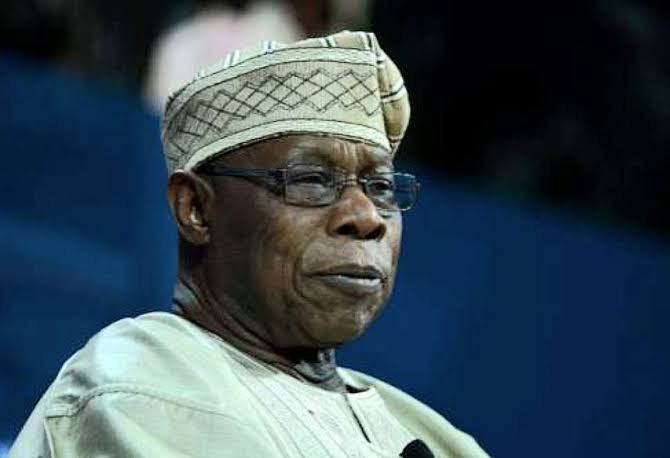
Obasanjo used a metaphor to explain his point, saying that even with a single six-year term if the system is flawed, it could lead to the same problems that might occur with a two-term system. He emphasized that the focus should be on building a reliable system and trustworthy institutions, such as the Independent National Electoral Commission (INEC), to ensure that governance functions properly, regardless of the term length.
Mr. Ikenga Ugochinyere, who led the group of legislators, supported the idea of a single six-year presidential term and also proposed a rotational system for governance at both the national and state levels. Ugochinyere suggested that state governments should also rotate leadership among the three senatorial districts. He called for a comprehensive review and update of Nigeria’s laws to reflect these proposed changes and to better address the governance challenges facing the country.
The other members of the delegation included Abdulmalik Danga from Kogi, Midala Malami from Borno, Matthew Nwogu from Imo, Peter Aniekwe from Anambra, and Kama Nkemkama from Ebonyi. Together, they are advocating for these changes to address the current governance issues and to better respond to the pressing concerns of Nigeria’s youth.


